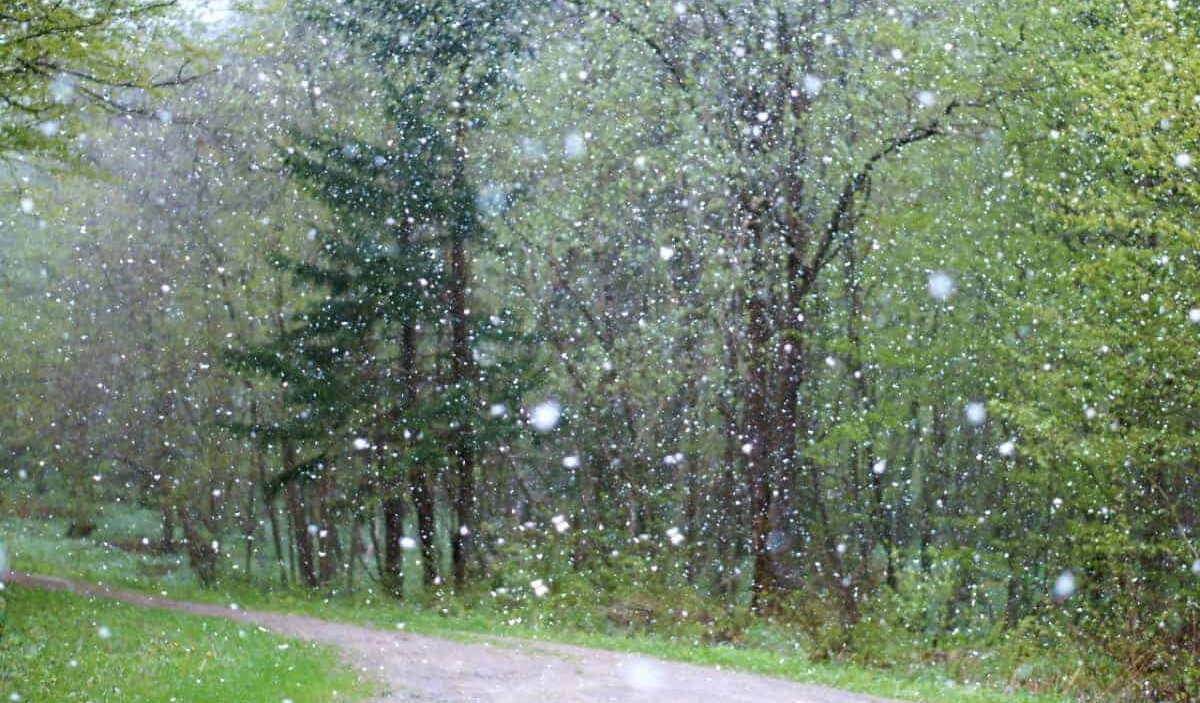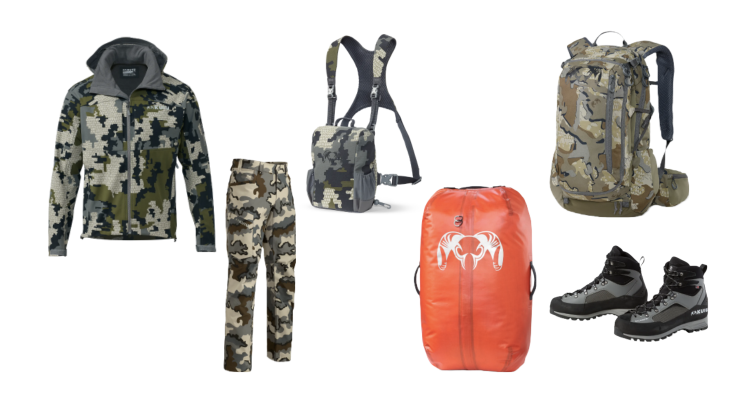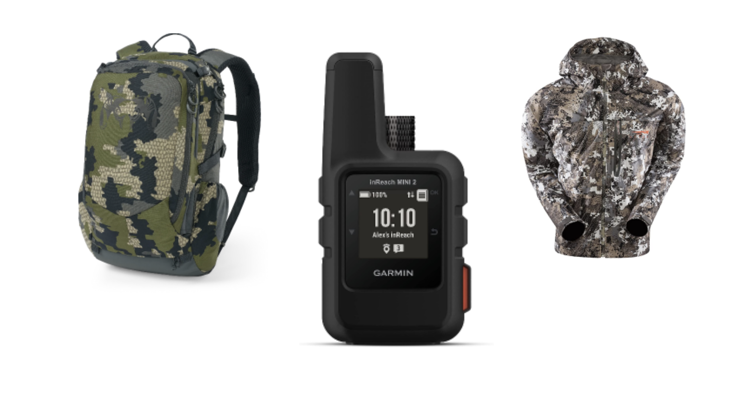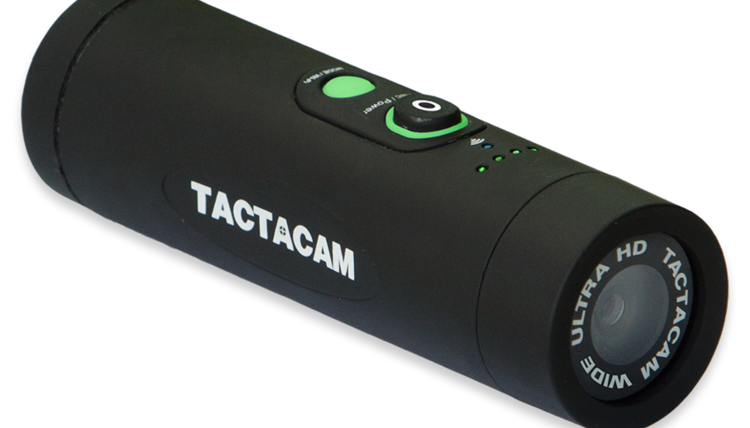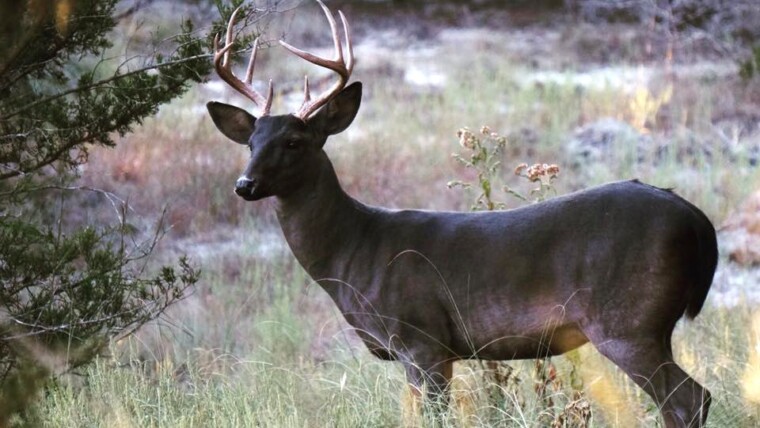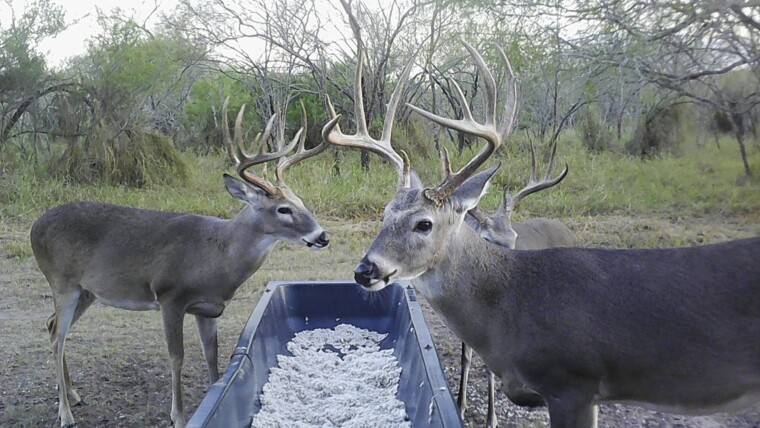Should you deer hunt in the rain? Heck, yeah! I’ve been doing it for 40 years. They make rain gear if you’re worried about getting wet when you’re in the field. So, what’s the deal? It’s just pure science at work for the hunter. Deer, whitetail and muley alike, can see, smell and hear like you wouldn’t believe. Rain impacts those senses.
Deer are comfortable when they can see, smell and hear. Any condition that perturbs that harmony will upset a deer, and they will react and change their behavior. Knowing how to pattern deer during the varying conditions that they experience during your local season is essential. Weather events will change how deer move. During your hunt, you can use rain and fog to your advantage, especially when you can’t sit elevated in a stand and when you’re forced to spot and stalk deer on the ground.
Why do I hunt harder and smarter before, during and after a rainstorm? I’ve spent over fourty years observing and hunting mule deer in the steppe regions of Northern Colorado and also whitetail cruising the rolling hills and gullies of the eastern plains east of Denver. Other than the rut, the next most powerful force that drives these animals is the weather. I’ve watched deer and elk react in big ways to small changes in barometric pressure. Several years ago, I watched a herd of 500 elk cross over a pass and down 2000 feet as a minor cold front approached from the north. I did my homework and checked the weather a week before. I harvested that day a 600 plus pound 6X6 bull – with stick and string, nonetheless.
Deer Move When It Rains
Most importantly, I’ve found that deer move more on rainy days. And, hunters tend to move less. A bunch of my fellow hunters just decide to miss the rainy days and stay home, warm and dry. Heck, it’s raining. Now’s the time to hunt. The muleys around my home are hunted pretty heavily in the early rifle seasons and will hunker down and bed for most of the daylight hours. But they can become a little more predictable when a little rain moves in. During normal bed down time they’ll be up moving and grazing before, during and after rain events. It’s a combination of reduced hunting pressure and the fact that the deer tend to be more comfortable moving around when there is a little moisture in the air.
Most of my expert hunting buddies confirm my belief that it’s a tie between the hunter and especially the whitetail when it comes to smell before, during and after a rainstorm. Deer probably can smell a little better during a rain event. That may explain why they are moving in the first place. Rain will definitely rinse and dilute most of your human scent, but you need to maintain scent discipline and play the wind to your advantage. One whiff and your prize buck will be gonzo.
In challenging terrain, on a rainy day, the deer is going to have an advantage. My muley hunts usually occur above 8,000 feet. Wet hunting conditions can pose a challenge for the hunter – rocks get slippery, grass gets slicker and dirt turns to mud. For the deer, no problem navigating that. As for me, I’ve gone tumbling down many a slick granite escarpments on a rainy day. The point is that you need to be extra careful and tailor your hunting style to address these additional obstacles.
Watch the barometer reading for your hunting spot. Dropping pressures means air molecules are slowing down and precipitation is on its way. Low pressure fronts, even small ones can trigger animal movement. Look up. Growing cumulus clouds, the puffy ones, are a good indication of future rain patterns. Watch out! Winds will start swirling as the pressure changes from high to low. The rain may help to obscure your scent, but that unpredictable swirling wind can get you busted. Once that big buck gets a whiff of the slightest bit of your scent, he’s off to the races and you can pack up your bow or rifle.
Lastly, notice those big ears. They are like radar dishes which can be steered around to isolate sound and the directions the sounds are coming from. Fog and dew and light rain in the morning can work to your advantage. I’ve found that while hunting mountain deer a little precipitation quiets my normal crunch as I walk through the fallen pine needles and twigs. Most scientific studies show that deer don’t hear much better than we do, but reducing your noise footprint, especially your man-made sounds like clunking gear or squeaky boots, has its advantages.
Related Questions
What Else As An Amateur Hunter Do I Need To Know About Hunting In The Rain?
Now, in the rain, is the time to take a well-placed, ethical shot. As a bowhunter I make it a point to observe my surroundings before taking my shot and make sure that I have an unobstructed view of the animal’s vitals. I also only take more conservative shots that are well within a range that I’m comfortable with. The one way rain could ruin your hunt is that a poorly placed shot could leave you in a dilemma where the rain has washed away your target’s blood trail. A wounded deer can travel hundreds of yards and even miles.
What Do I Look For In A Weather Report While Planning A Hunting Trip?
So, go get your rainproof gear. Check your weather report and focus on the future casts. Look not just for major weather pattern changes but even smaller events like low pressure changes, cold fronts, fog and frost warnings. The other question you need to ask yourself is “how is this going to change my hunting approach and my shot scenario and approach.” Be prepared to think through your hunt. It’s raining and both you and the deer have advantages and disadvantages. But how will you ensure an ethical kill? The only way I can be sure is to spend time on my 3D range when it’s raining. Practice makes perfect. Good luck in the rain. I’m sure you’ll have a blast.

